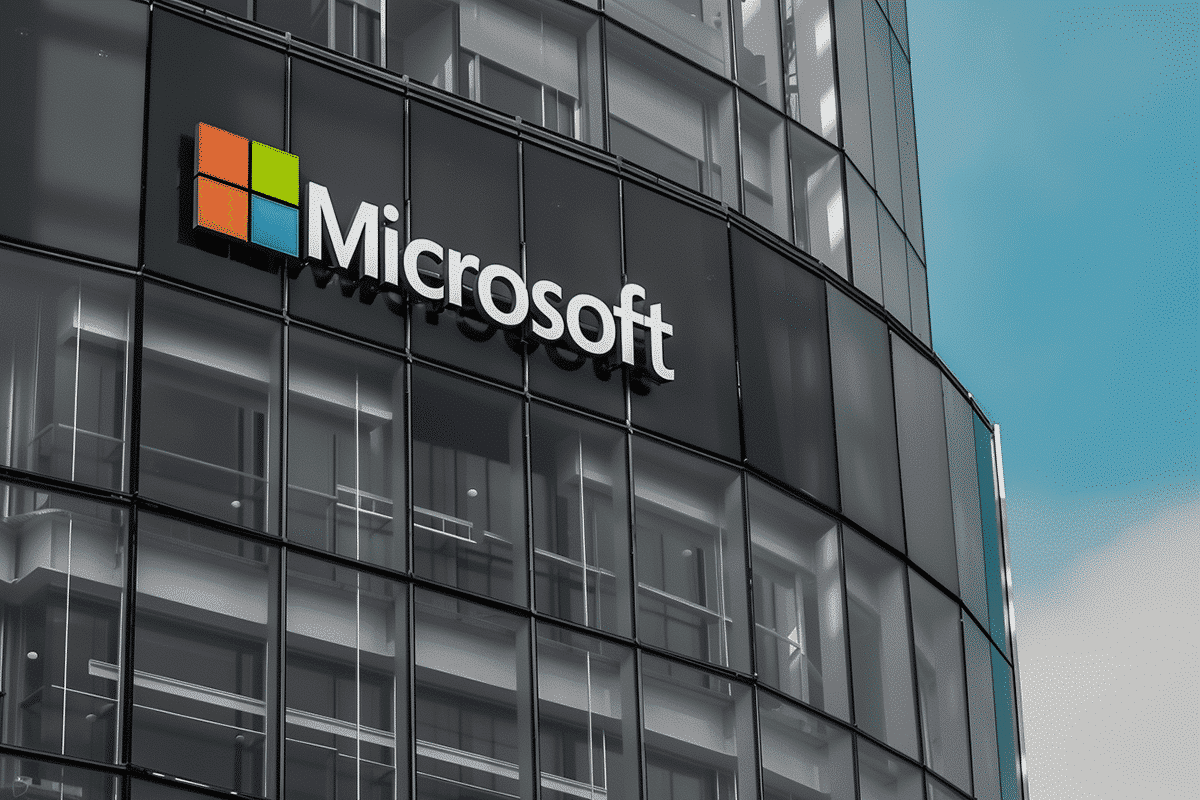In a strategic move into the heart of the Middle East, tech giant Microsoft announced a substantial $1.5 billion investment in Abu Dhabi’s leading artificial intelligence group, G42. This partnership, focusing on AI and digital infrastructure, marks Microsoft’s significant foray into the region, promising collaboration on innovative projects and services.
However, the deal is not without its challenges. G42, helmed by Peng Xiao, a former CEO of Pegasus, a cybersecurity firm, has faced scrutiny over its alleged ties to China. Concerns have been raised by US officials regarding the possibility of technology and data sharing with the Chinese government, a claim firmly denied by Xiao and the G42 leadership.
Despite these concerns, both Microsoft and G42 have affirmed their commitment to comply with US and international trade regulations, assuring stakeholders of responsible business practices. Microsoft’s President Brad Smith’s inclusion on the G42 board underscores the gravity of this commitment, signaling a strategic alignment towards global AI expansion while adhering to regulatory standards.
This collaboration extends beyond financial investment. G42’s previous endeavors include the development of “Jais,” an Arabic-language AI model hosted on Microsoft’s Azure platform, reflecting their shared vision of leveraging AI to address regional needs and foster technological advancement.
Microsoft’s move into the Middle East comes amidst its efforts to solidify its position as a leader in AI technology. High-profile partnerships, notably with OpenAI, have fueled Microsoft’s growth in recent years, although regulatory bodies in the US and Europe have expressed concerns about the company’s increasing dominance in the AI sector.
Despite regulatory scrutiny, Microsoft remains undeterred, actively pursuing partnerships and investments overseas. Earlier announcements of collaborations with French AI startup Mistral, as well as substantial funding commitments for AI projects in Spain and Germany, underscore Microsoft’s global ambitions in the AI space.
Brad Smith, in a previous interview, emphasized the transformative potential of AI, describing it as heralding a new era of economic growth. Microsoft’s investments and partnerships in the AI sector reflect its commitment to harnessing the power of technology for positive societal impact and economic development on a global scale.
As Microsoft continues to expand its footprint in the Middle East, the partnership with G42 holds the promise of unlocking new opportunities for technological innovation and collaboration. The integration of AI and digital infrastructure not only benefits the UAE but also extends to underserved nations, aligning with Microsoft’s broader mission to empower individuals and communities through technology.




